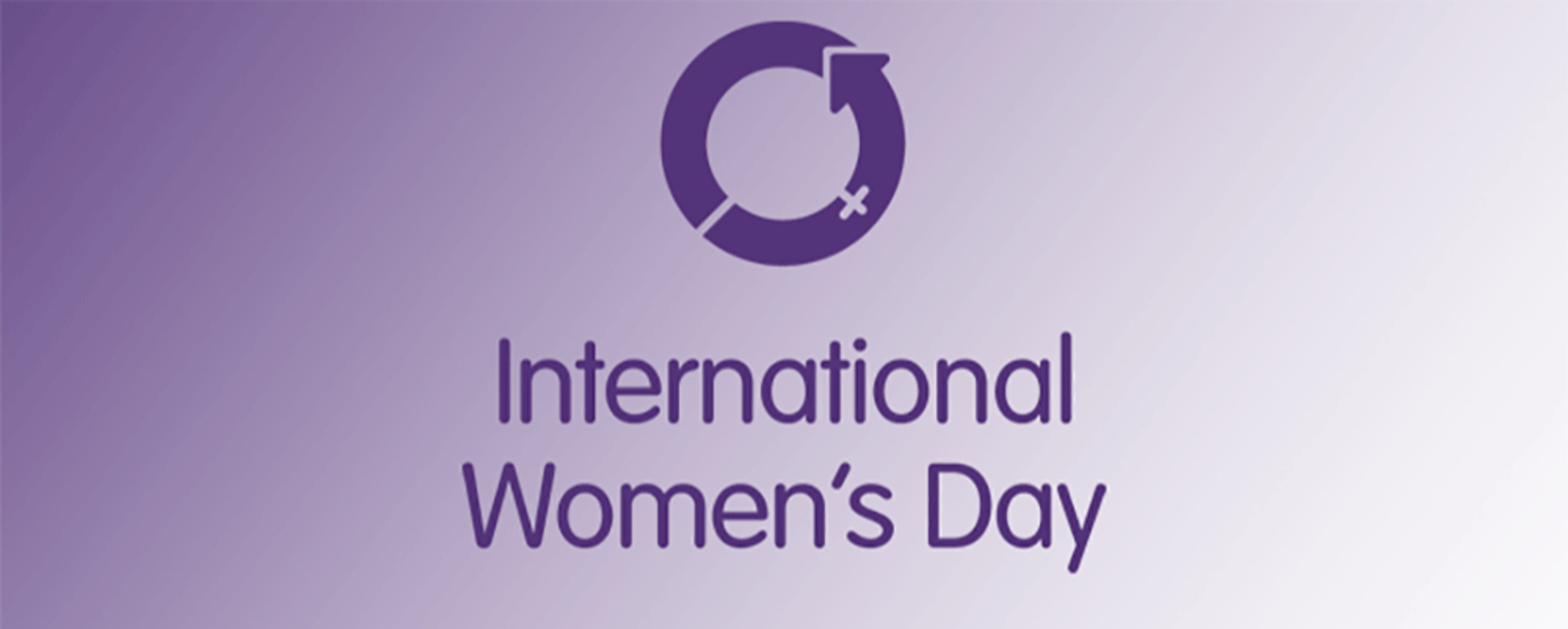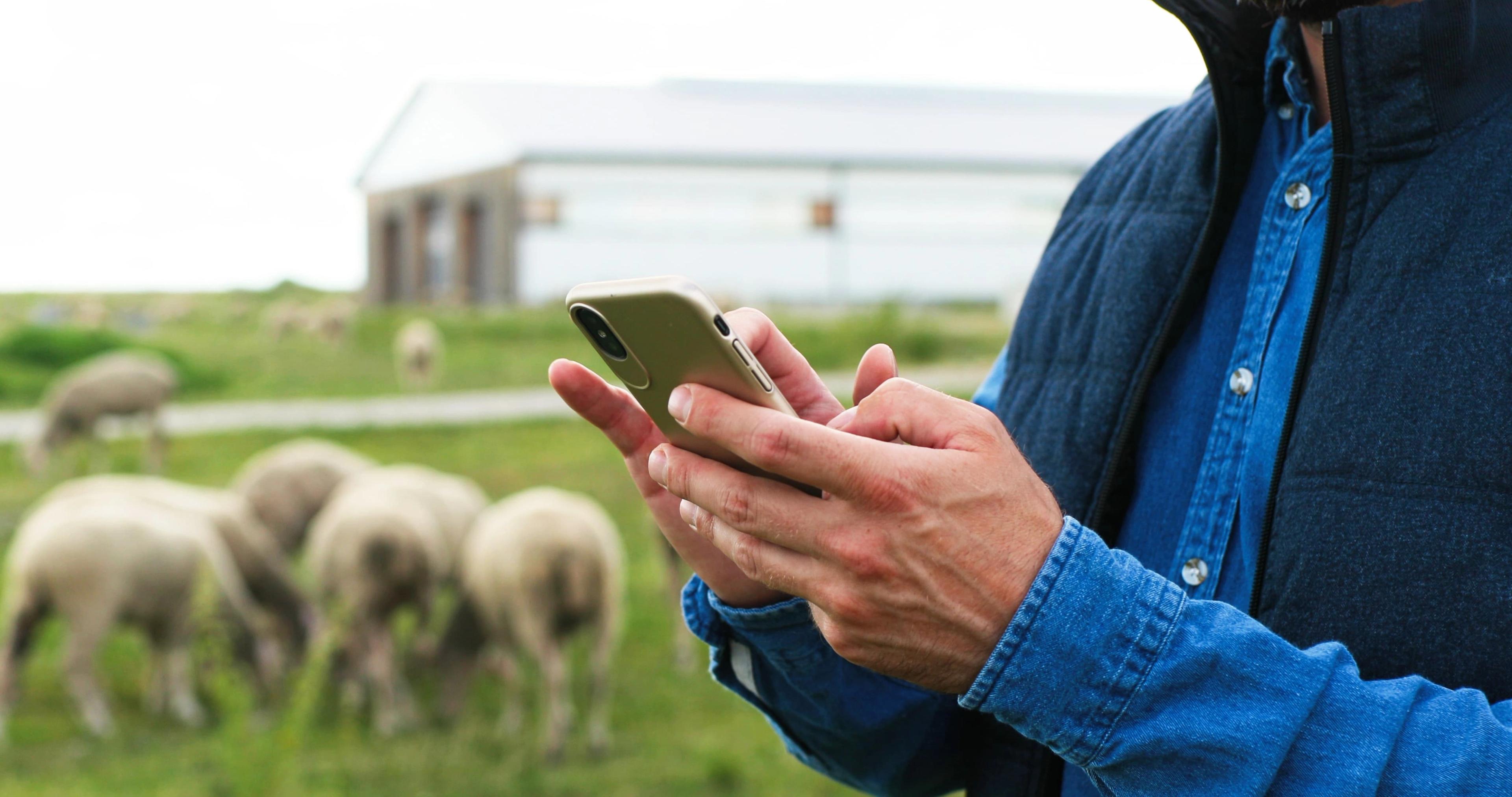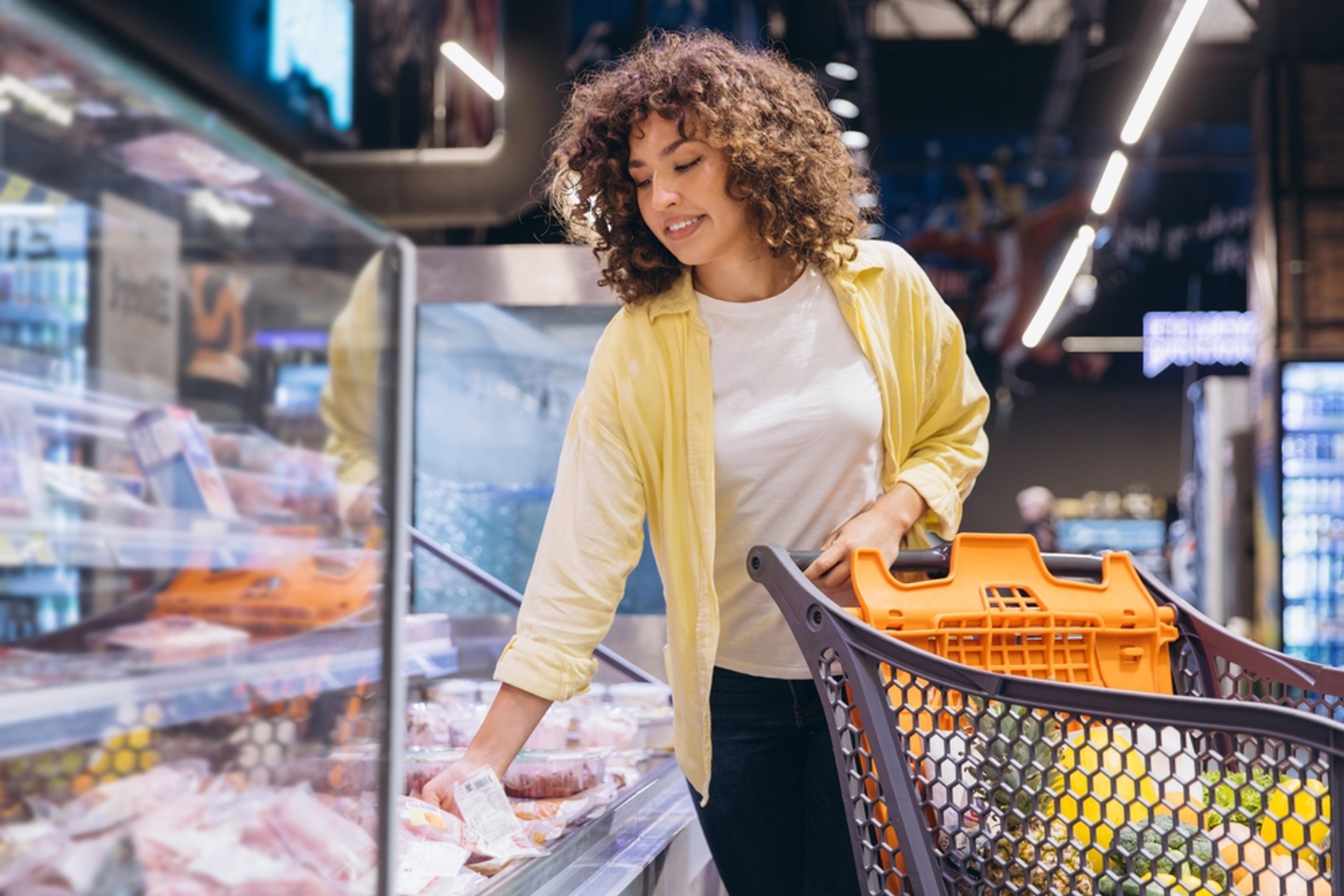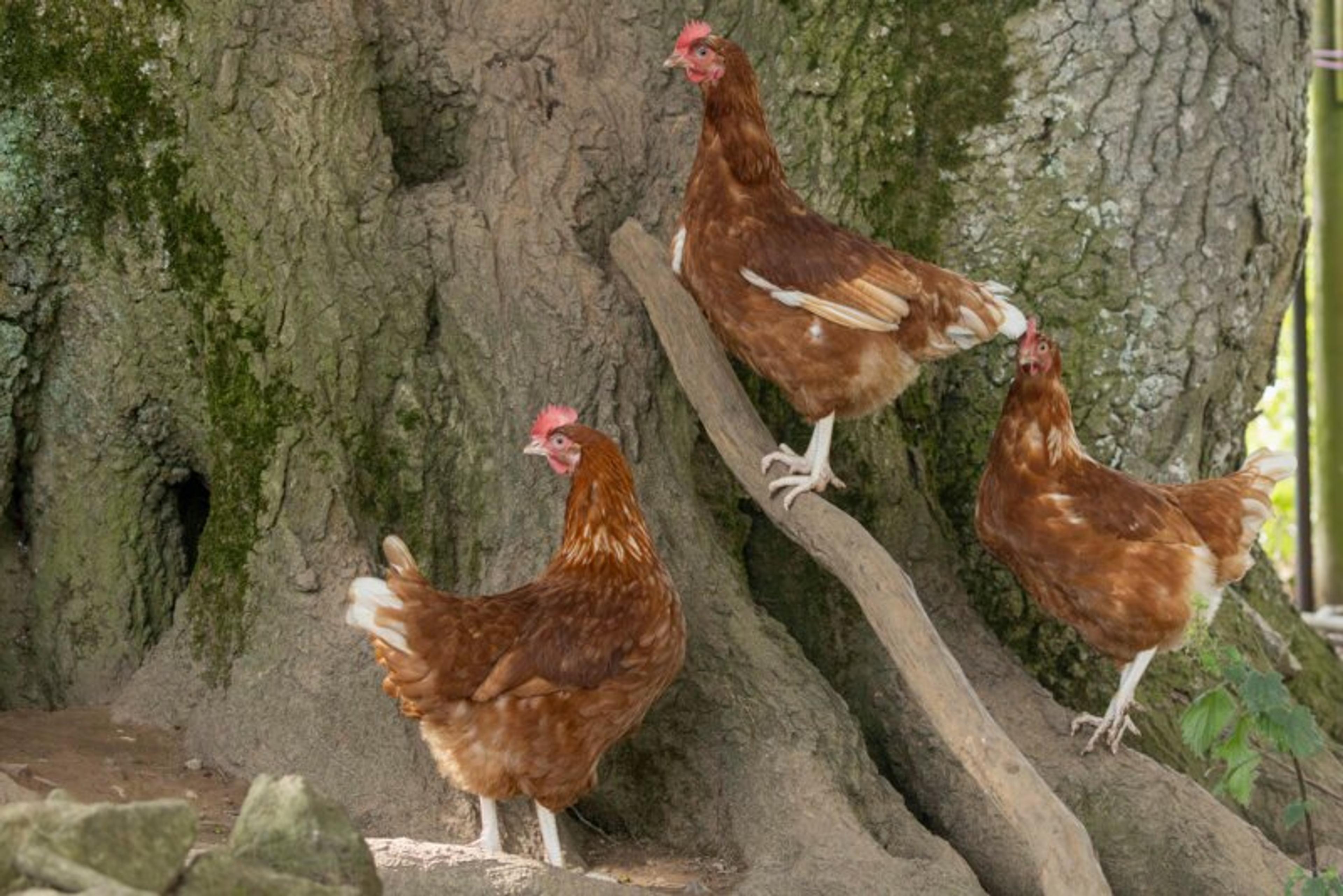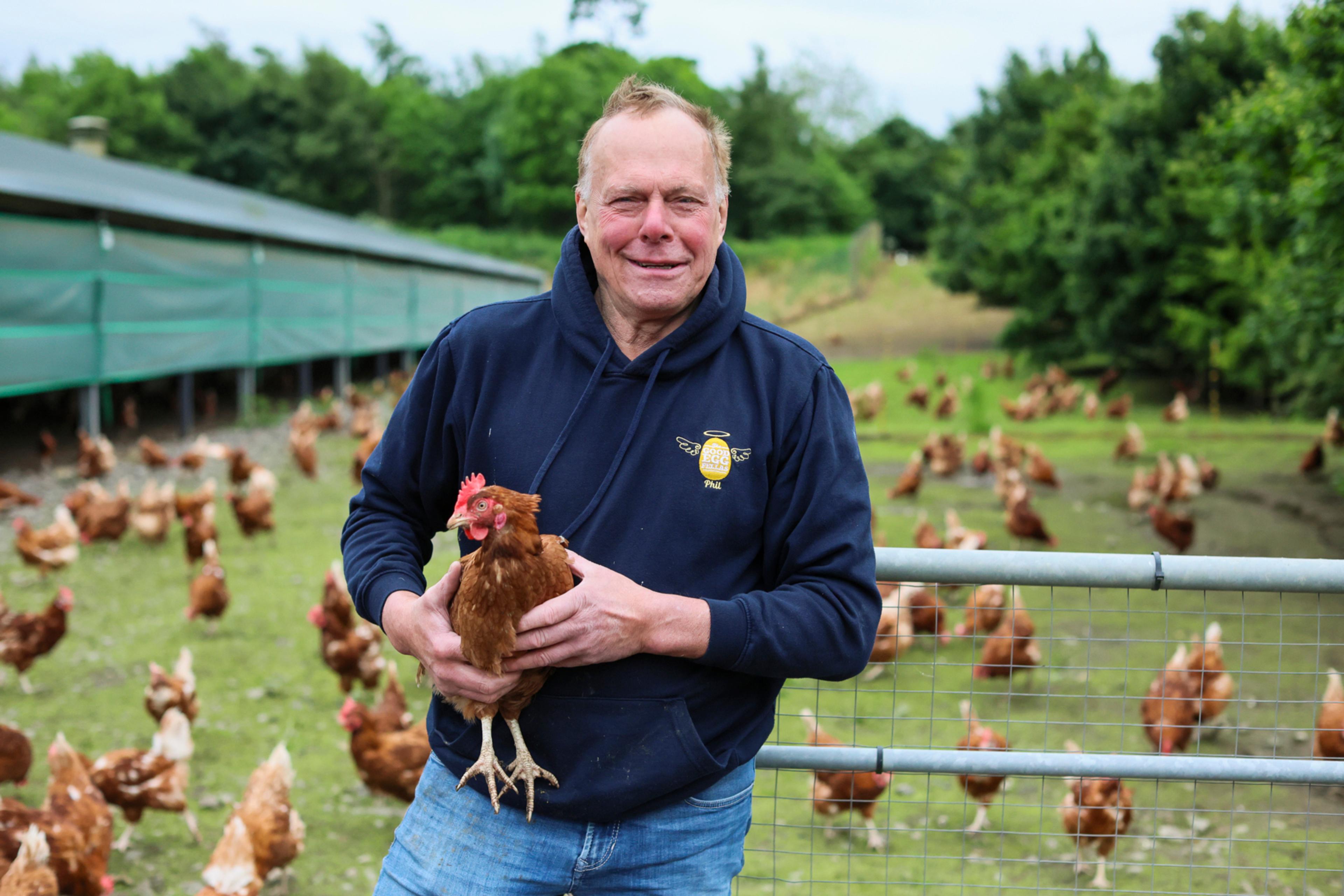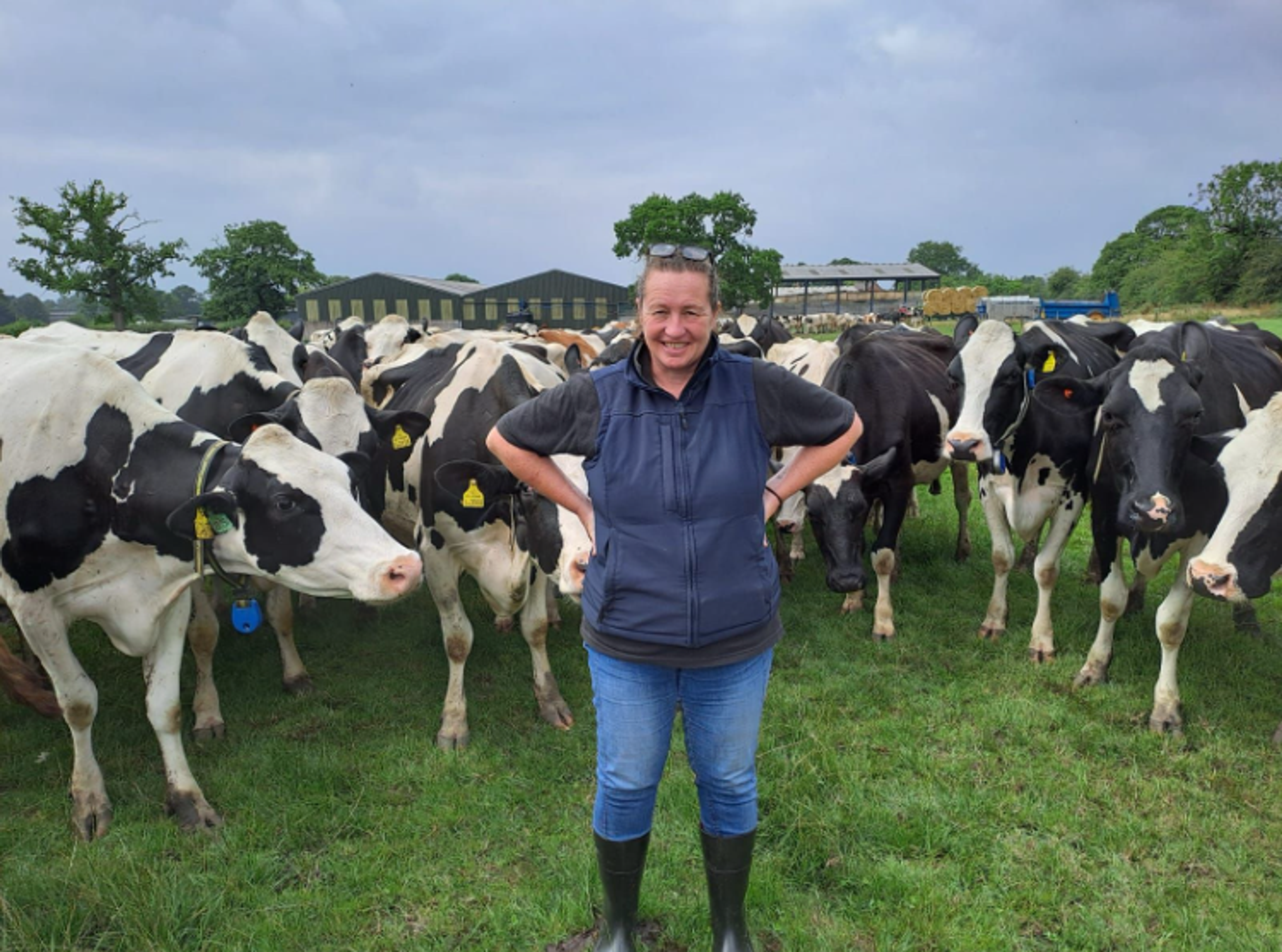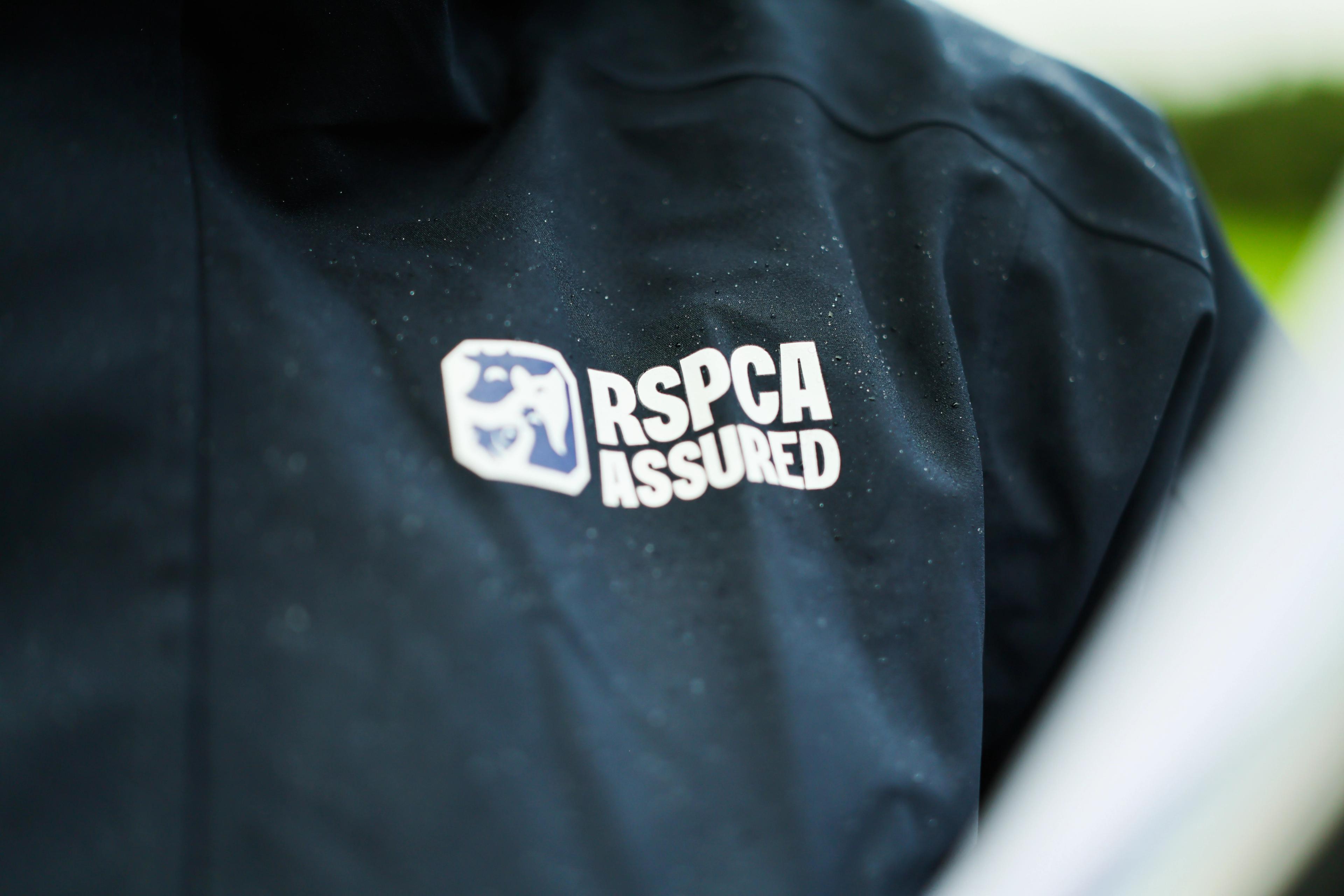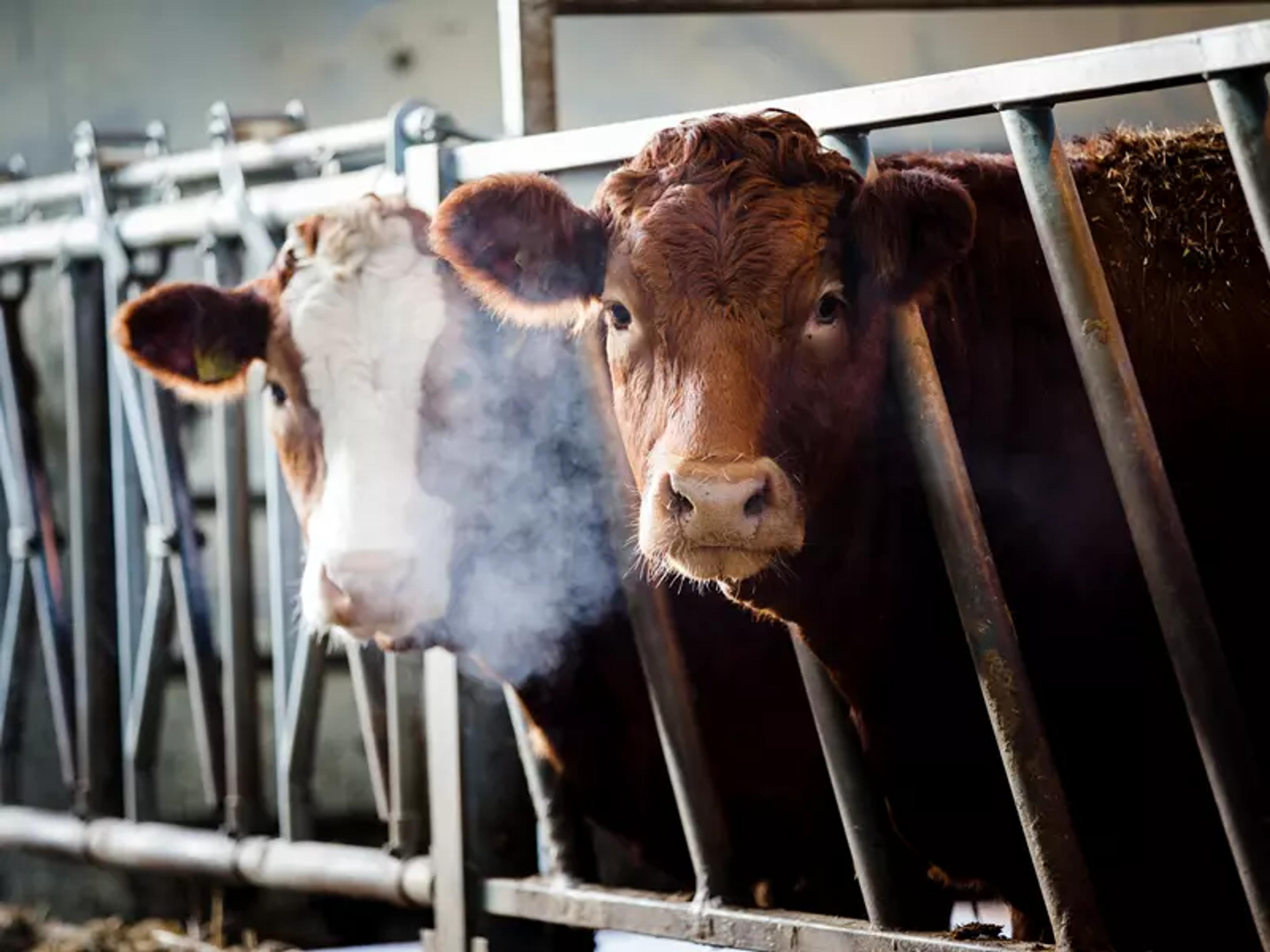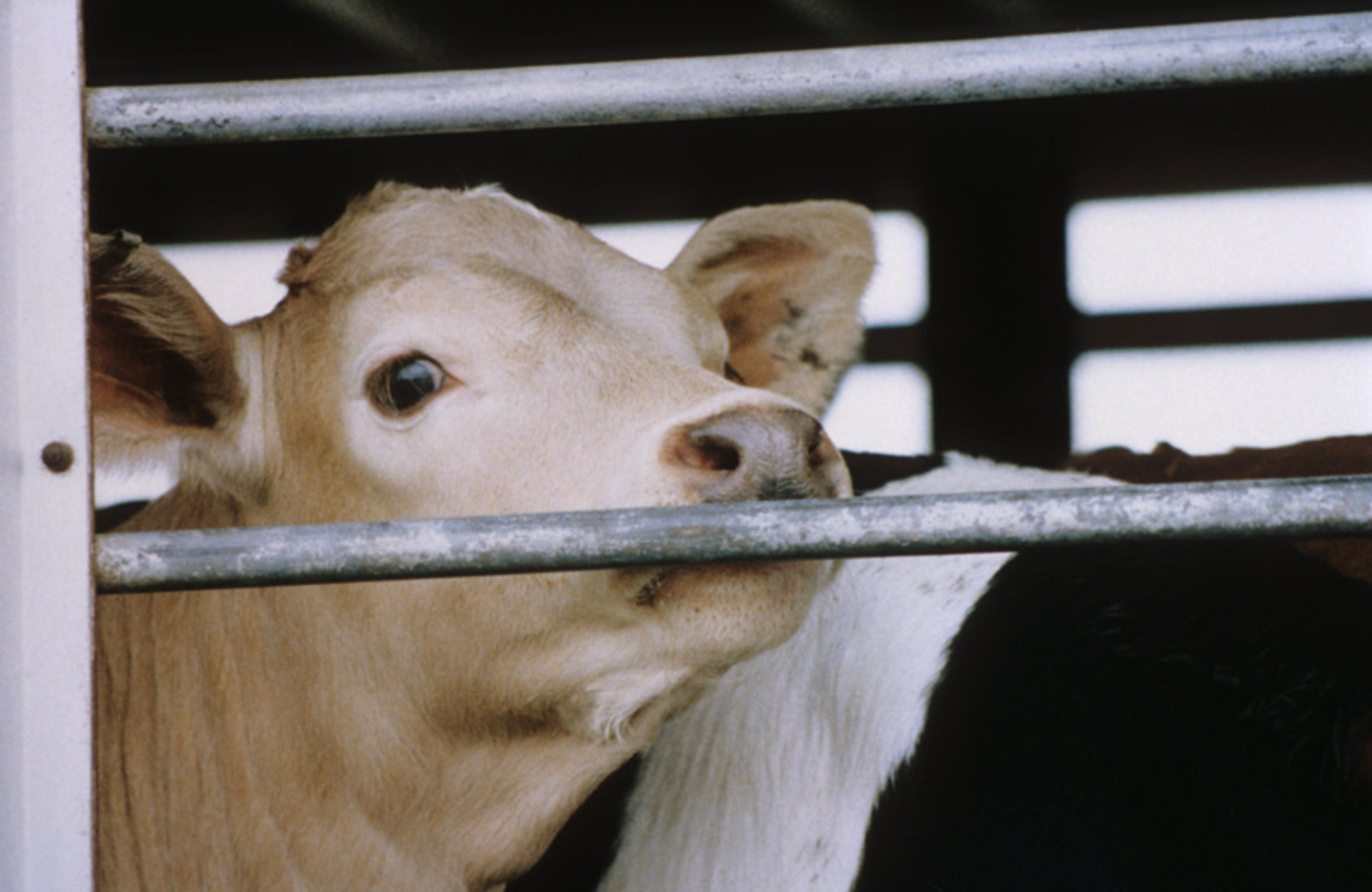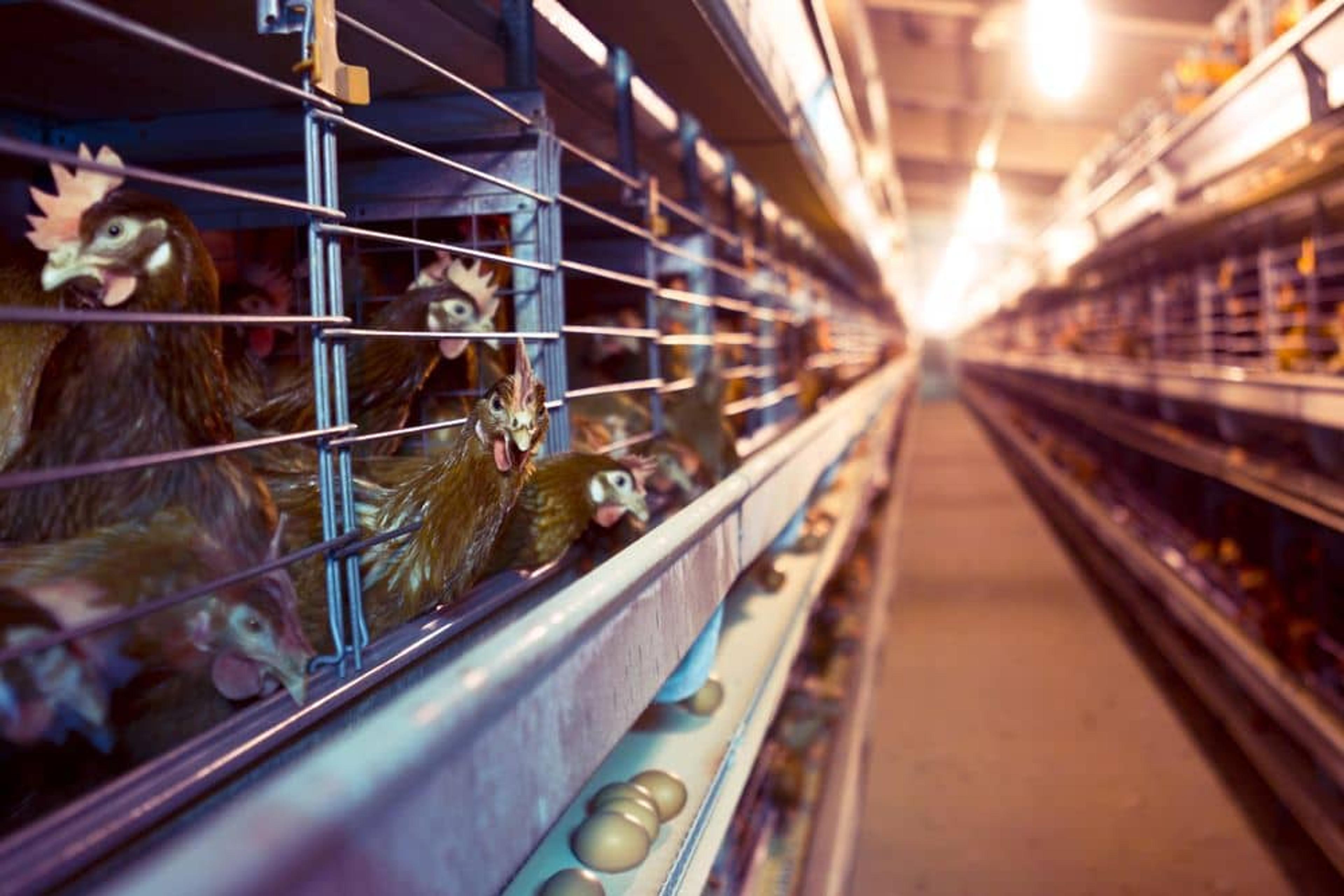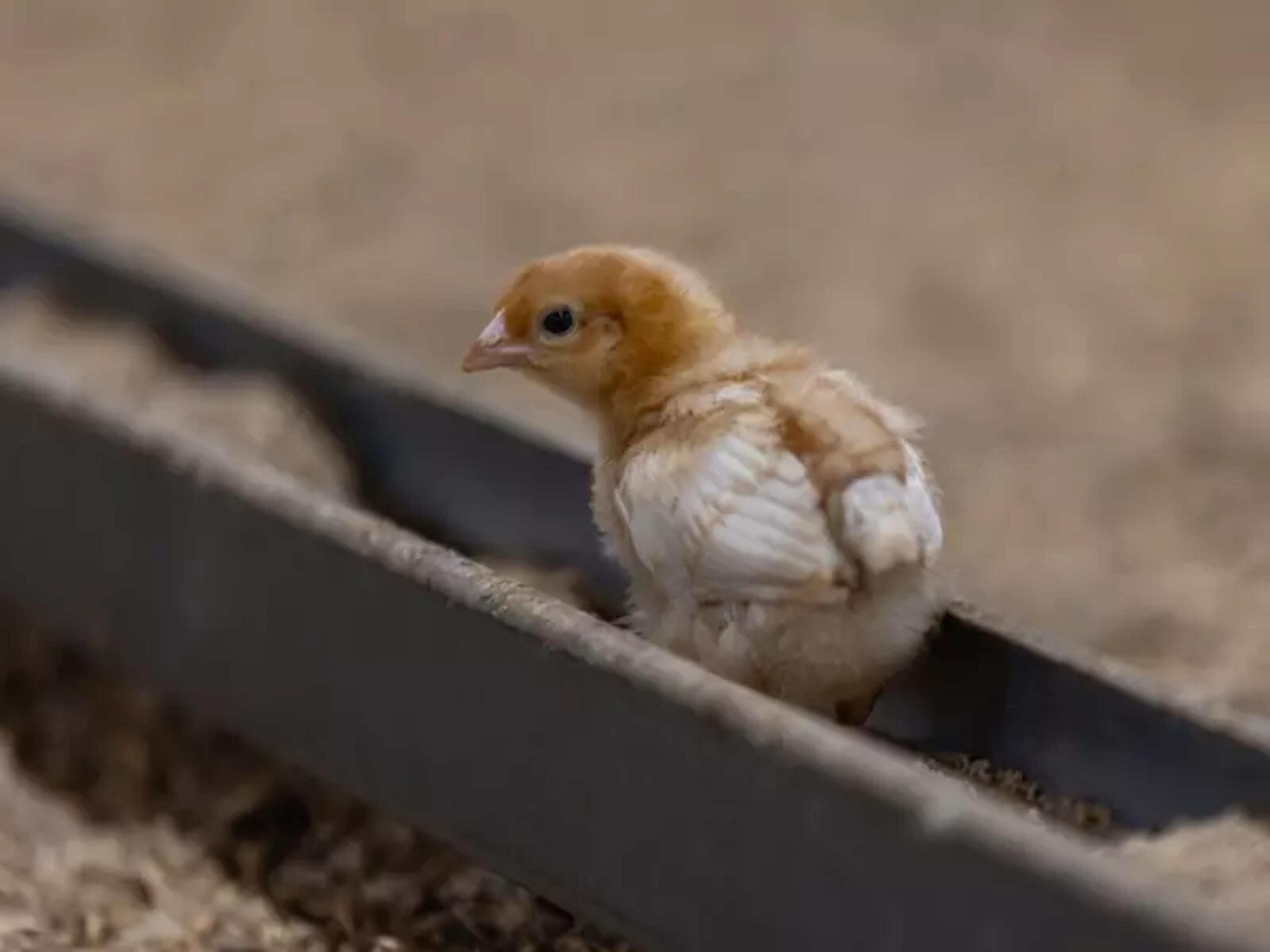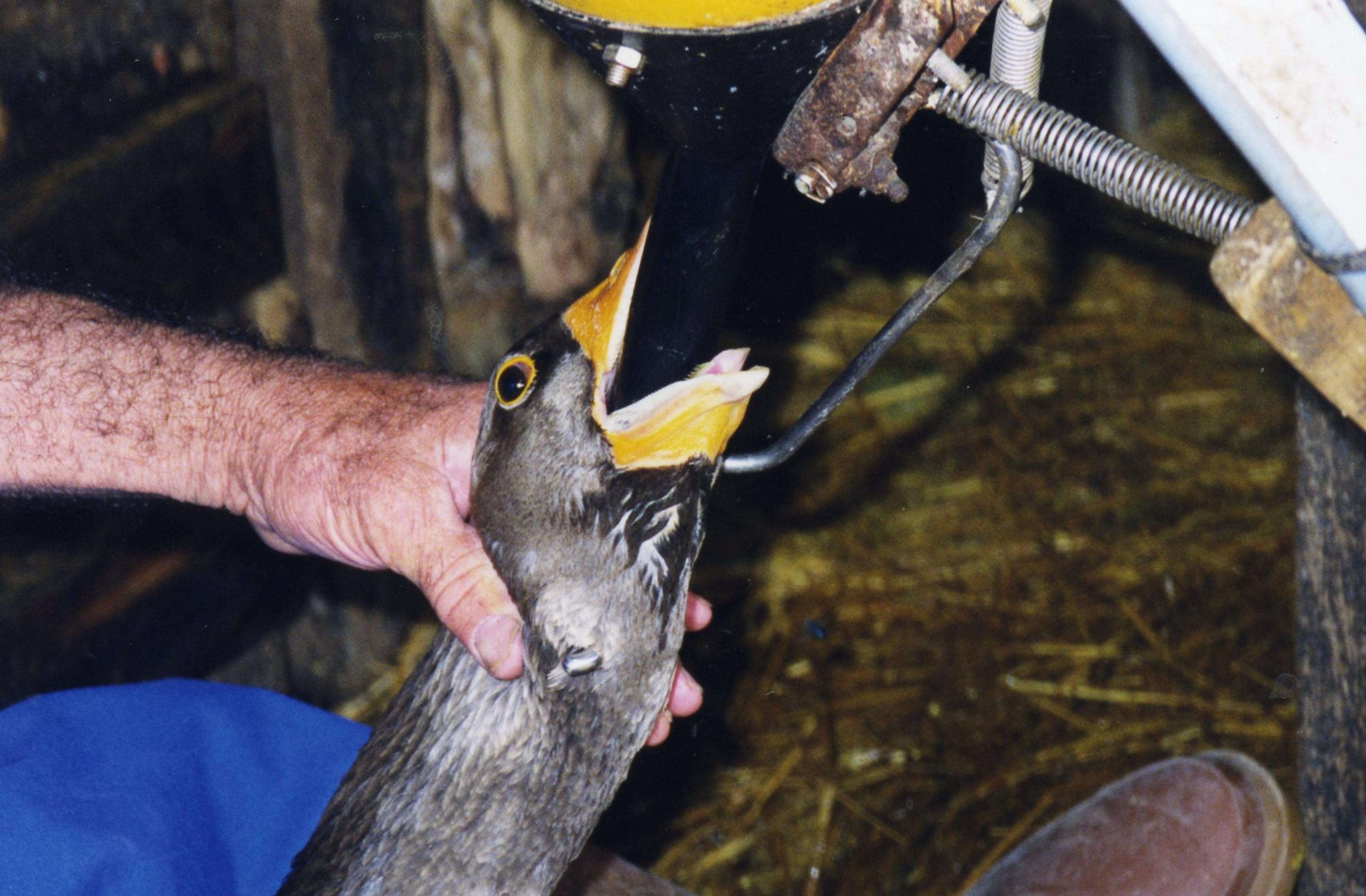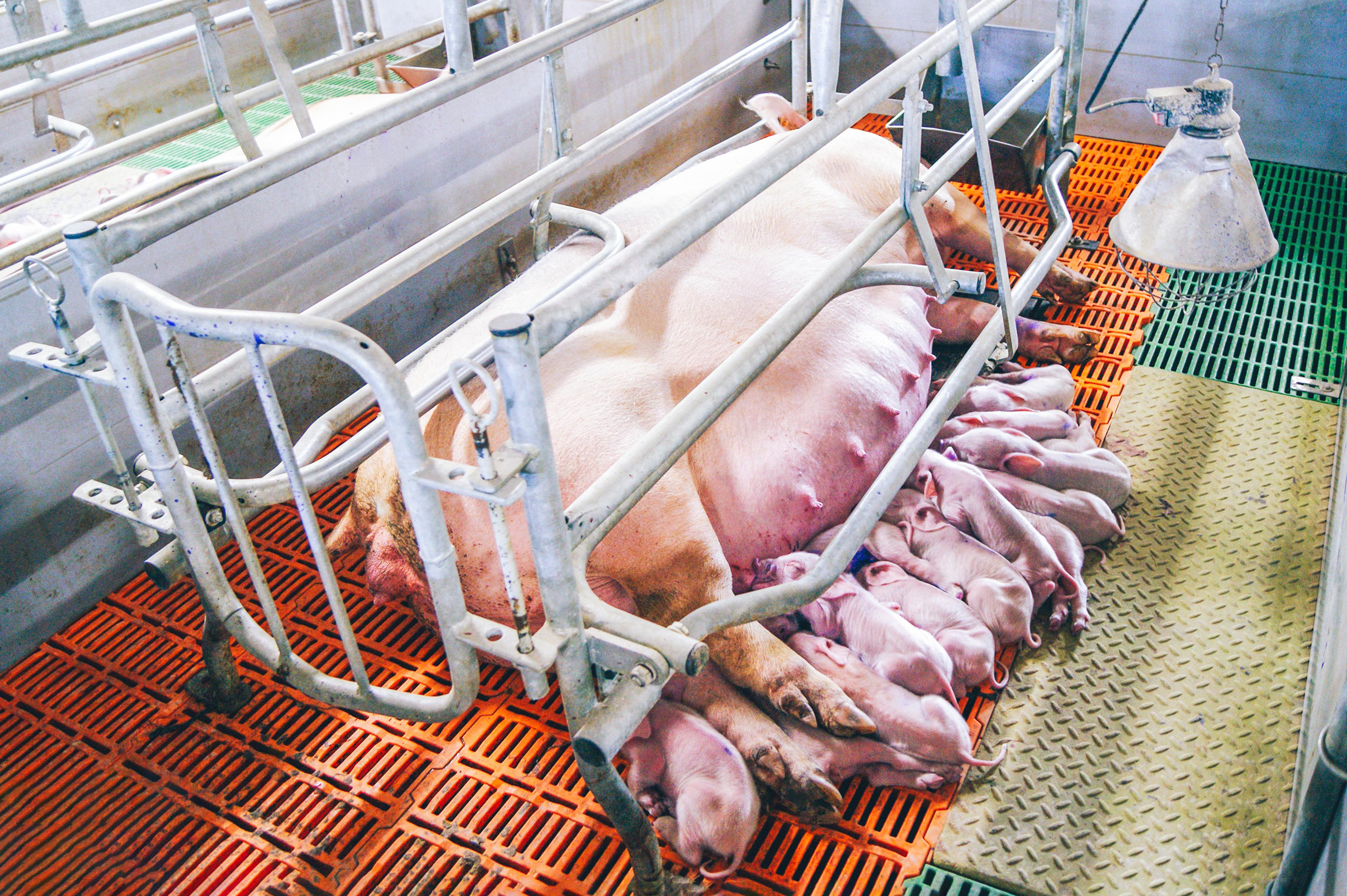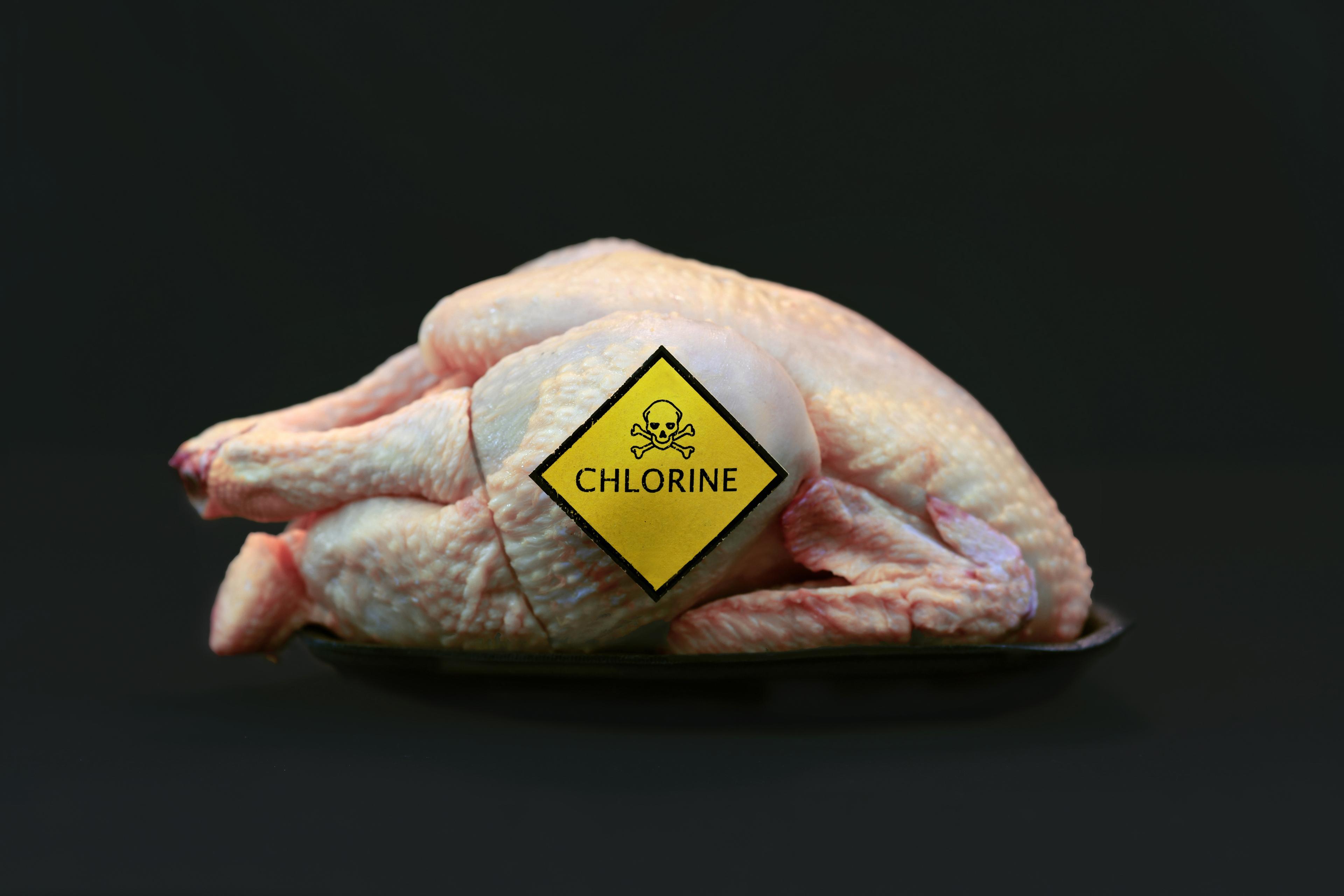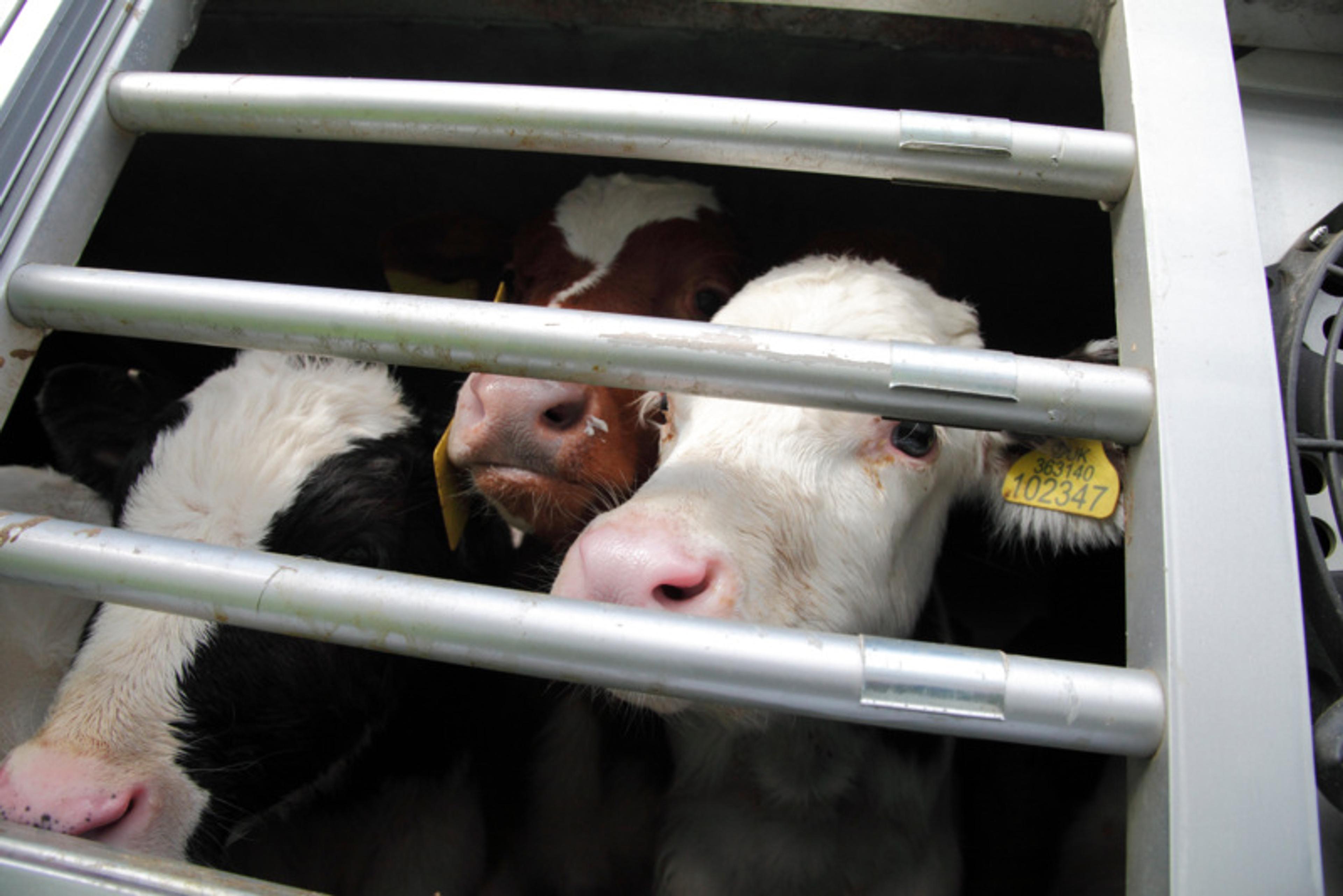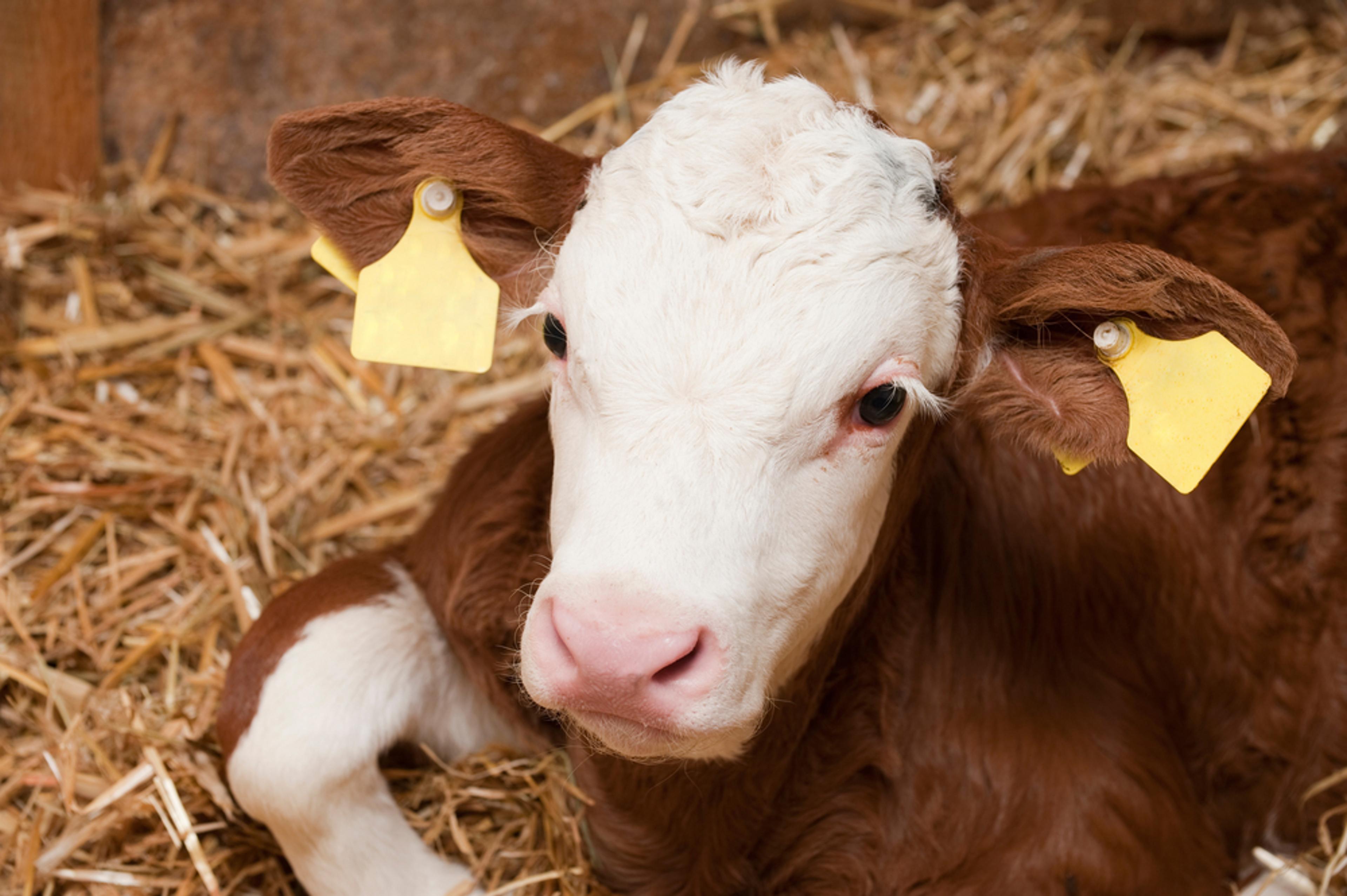Featured articles
Read the highlights
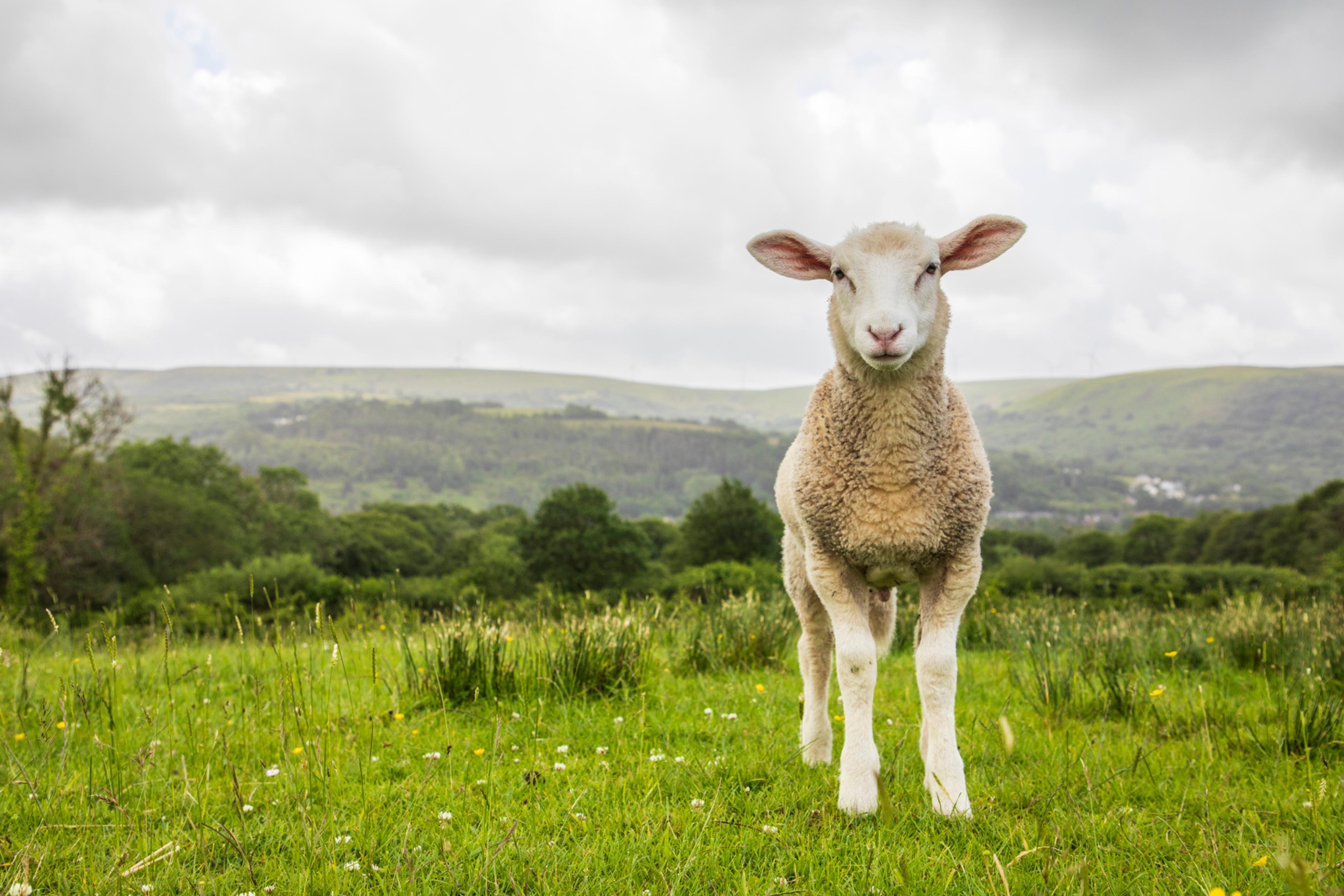
Celebrate St David’s Day by supporting higher welfare farming in Wales
As RSPCA Assured’s assessment manager for Wales, I always feel a huge sense of pride as St David’s Day approaches.
What’s St David’s Day?
St David’s Day, celebrated every year on 1 March, is Wales’ national day honouring its patron saint, Saint David, and it’s a time to celebrate Welsh culture, heritage and identity.
To mark the day, many Welsh people around the world wear one or both of Wales’s national emblems – a daffodil and a leek.
It’s a time to celebrate our heritage, our communities and, for me, the dedicated farmers who are helping millions of animals live better lives.
This St David’s Day, I’m celebrating the nearly 280 RSPCA Assured members across Wales who are committed to higher welfare farming.
Thanks to their hard work, more than 2.6 million farmed animals in Wales lived better lives last year.
Celebrating higher welfare this St David’s Day
St David’s Day is about taking pride in what makes Wales special. Welsh farming is a vital part of our rural communities, and it’s inspiring to see so many farmers choosing to go further for animal welfare.
To become RSPCA Assured members, farms must meet hundreds of detailed higher welfare standards set by the RSPCA. These standards must be met every single day of the year – not just on St David’s Day.
We don’t allow cages or crates. Animals must have enough space to move freely and perform their natural behaviours. They must have a healthy diet and a comfortable environment with plenty of space to move around.
Every RSPCA Assured member is assessed annually to ensure they continue to meet the standards. In fact, we carry out a farm assessment in Wales nearly every working day of the year.
Supporting Welsh farmers on St David’s Day and beyond
I’m encouraging shoppers to show their support for Welsh farmers who are doing the right thing for their animals.
So if you choose to buy meat, fish, eggs or dairy products, always look for the RSPCA Assured label.
Choosing higher welfare products is a meaningful way to celebrate Wales – by backing farmers who are committed to giving farmed animals better lives.
For me, that’s something truly worth celebrating this St David’s Day.
Author biography
As a regional assessment manager for RSPCA Assured, Charlotte Thomas leads a team of assessors who work directly with farmers to help them uphold the RSPCA’s higher animal welfare standards.
She has nearly 20 years’ experience in farm compliance and farmed animal welfare, working closely with farmers to help ensure animals are given the care, space and conditions they need to live better lives.
Charlotte is passionate about animal welfare and believes combining practical experience with a supportive, collaborative approach helps farmers feel confident about achieving higher welfare standards.
Her role isn’t just about assessments, but also about mentoring and developing people – and inspiring continuous improvement in animal welfare.
